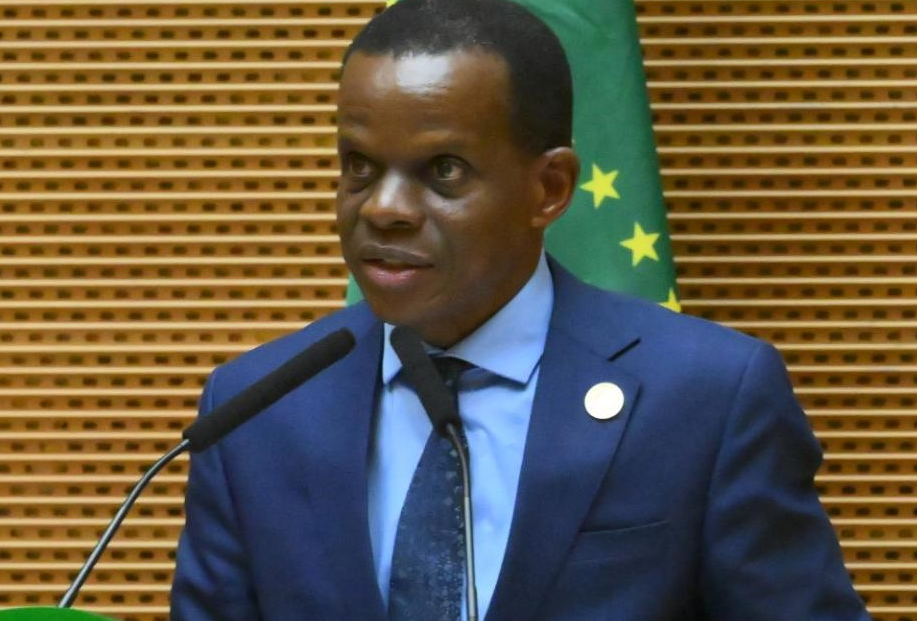Africa Suffers Annual Losses of Around 40 Billion USD Due to Illicit Financial Flows Extractive Sector - ENA English
Africa Suffers Annual Losses of Around 40 Billion USD Due to Illicit Financial Flows Extractive Sector

Addis Ababa, June 7, 2025 (ENA) The Deputy Executive Secretary of the Economic Commission for Africa (ECA), Antonio Pedro revealed that Africa is experiencing significant losses, estimated at around 40 billion USD annually, due to illicit financial flows (IFFs) in the extractive sector.
Such financial losses not only hinder developmental progress but also exacerbate economic injustices, depriving African populations of access to essential resources and underscoring the connection between IFFs and the pursuit of reparatory justice.
He argued that IFFs in the extractive sector were one of the symptoms of a serious structural problem compounding Africa's development, i.e. its excessive dependence on the export of raw materials, an extractivist model and construct inherited from colonial times.
Pedro noted that exporting raw materials was exporting jobs, a luxury that the continent cannot afford given the need to create at least 20 million jobs annually for the youth. As such, addressing IFFS and its root causes should be at the centre of Africa's development policy and action.
Pedro was a panelist at the High-Level Policy Dialogue (HLPD) held in New York last week, to draw the curtain on the month-long 2025 African Dialogue Series (ADS), on the theme, “Justice for Africans and People of African Descent Through Reparations.”
The forum was organised by the UN Office of the Special Adviser on Africa, and the AU Permanent Observer Mission to the UN, in collaboration with various UN agencies, including the ECA.
The Africa Dialogue Series (ADS) is an annual event that brings together global leaders to discuss pressing issues impacting Africa and its diaspora, focused on the AU theme of the year.
He underscored that addressing these critical challenges is essential for fostering Africa's self-reliance and attaining sustainable development. He indicated that with the adoption of strategic frameworks such as the African Mining Vision and the African Green Minerals Strategy, which advocate for resource-driven industrialization and value addition, the continent has the necessary instruments to guarantee that its abundant mineral resources promote economic emancipation, employment generation and benefit local communities. The focus should be in operationalizing those frameworks.
He emphasized that advancing local content and reforming the global financial and governance systems are crucial for mitigating IFFs and advancing African development goals.
Furthermore, he stressed the importance of global collaboration and sustainable development. Consequently, Pedro called upon African nations to unite and build common voice and positions in order to advocate for their interests on the international platform effectively.
He posited that to achieve transformational change, mineral, trade, industrial, energy, infrastructure development, and international relations policies should be implemented in an integrated and coherent manner.
Pedro stressed that it is a joint responsibility of governments, mining enterprises, local communities, financial institutions, and other stakeholders to bridge the gaps of perception on what constitutes benefits and work together to prioritize sustainable development in the extractive sector.
The Deputy Executive Secretary of ECA also commended the 2025 Africa Dialogue Series for providing a forum conducive to meaningful discourse on reparations and justice for Africans and people of African descent.
"As we advance, prioritizing sustainable development and tackling the systemic problems that perpetuate IFFs, along with reparatory measures, is a crucial step to achieving justice for Africa. In doing so, we have the potential to unlock Africa's true capabilities and promote a more equitable global system,” he said.